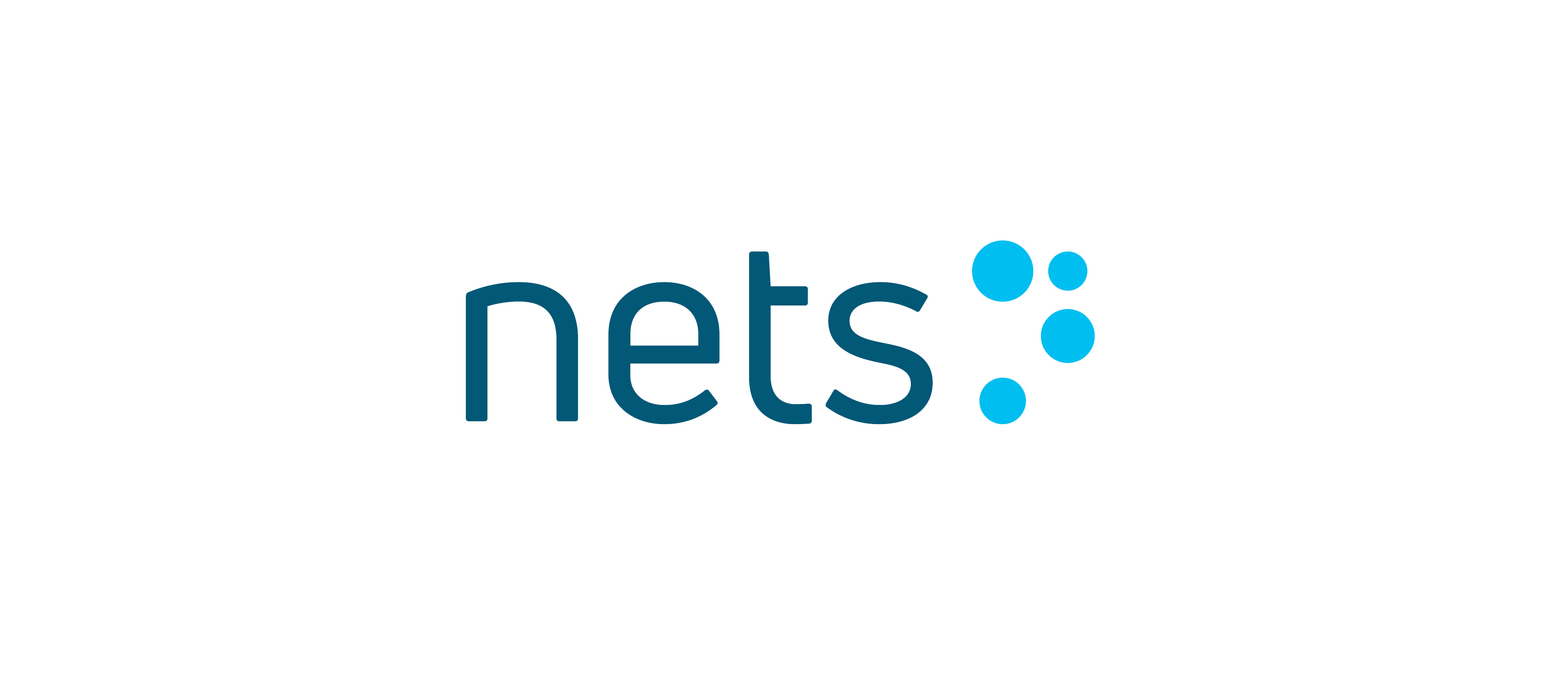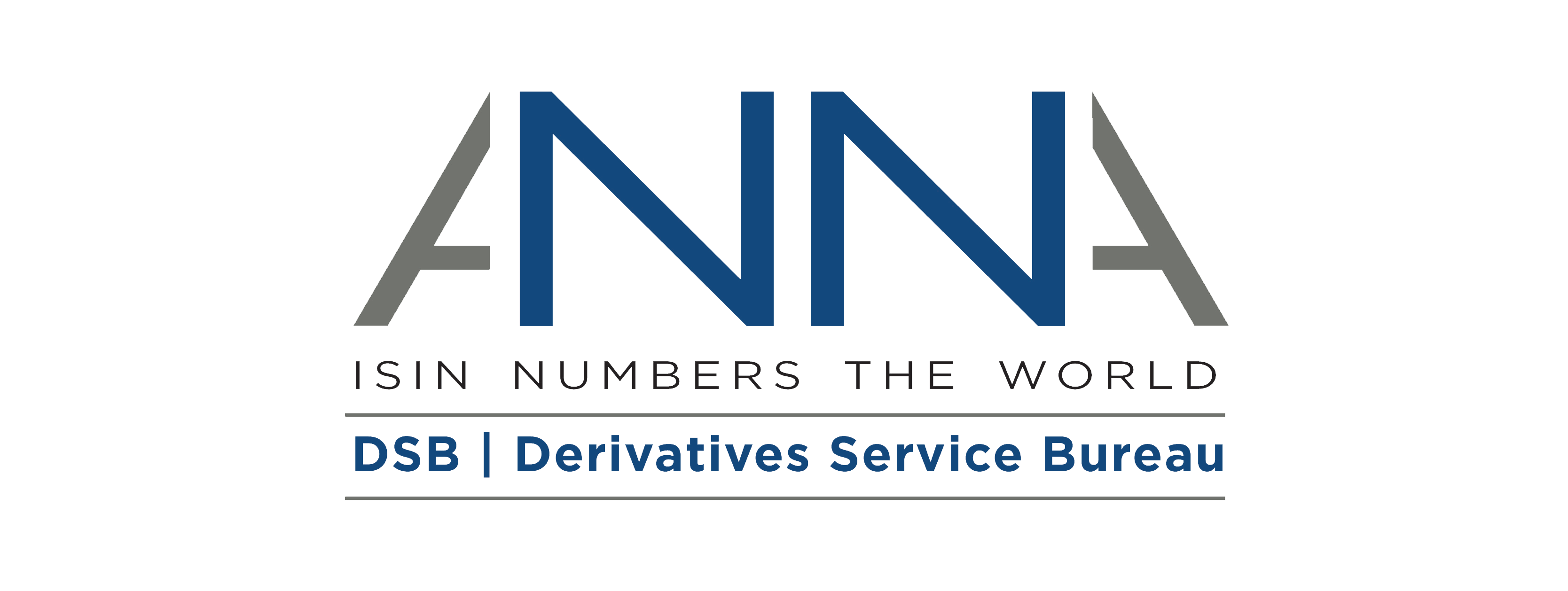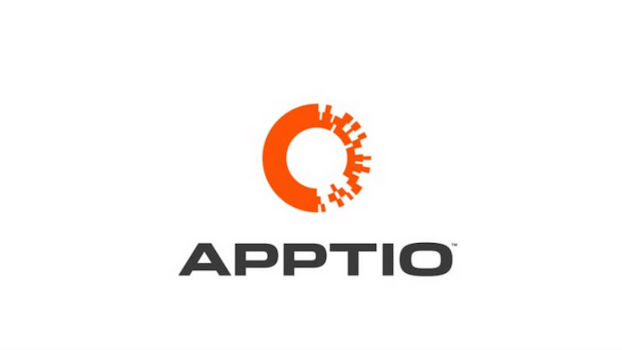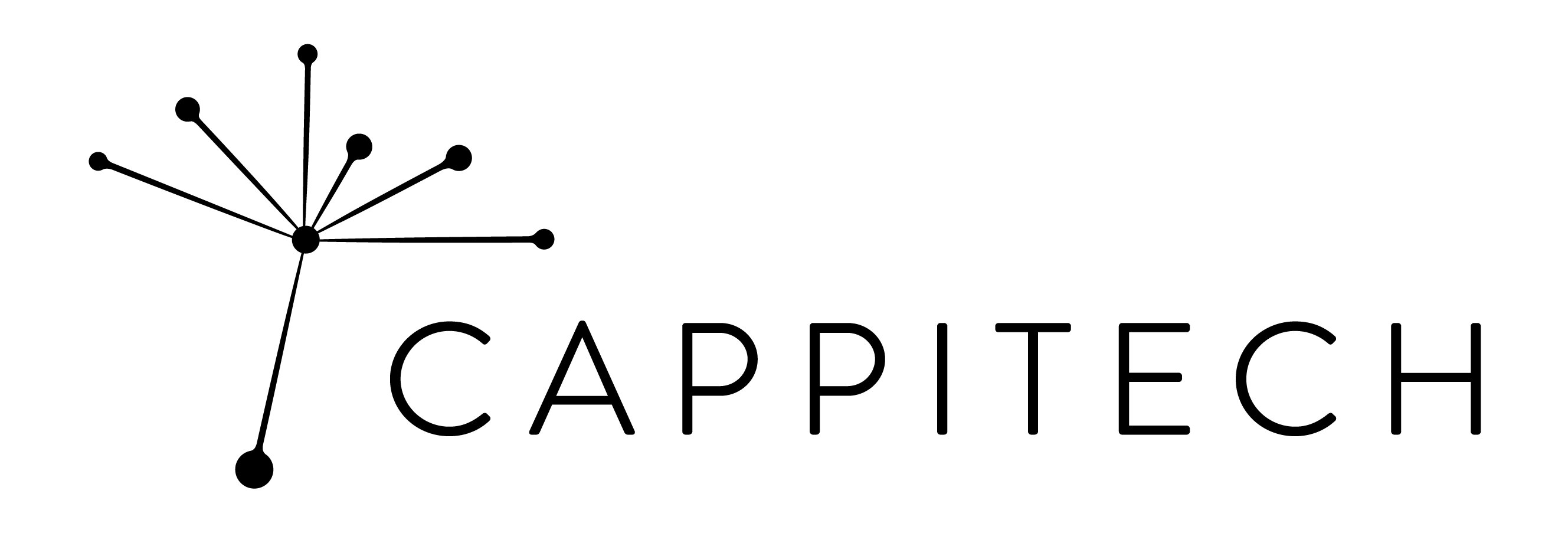Published
- 03:00 am

What will happen in payments in 2021? Sirpa Nordlund, SVP Industry Engagement at Nets, shares her views on three big trends to expect next year.
1. In 2021, we'll see the war of platforms continue.
The USA took moves to ban TikTok and WeChat in 2020, while the EU threatened to ban Facebook for sharing data outside of Europe. In turn the social media giant threatened to leave EU operations behind. China of course has already blocked Facebook, YouTube, Instagram and Twitter for several years. These geo-political decisions have added to an increase of uncertainty.
Consequently, the importance and value of regional financial services has risen. Take the European Payments Initiative (EPI) for example. Launched in 2020, it aims to bring European payment providers together to create independence from non-European service providers.
Another example is in Norway's approach to mobile payments: the country’s own Vipps payment system, which combines identity and commerce with payments, is attracting huge investment and garnering strong public support. Expect others to follow suit.
2. The pandemic has increased people's desire for security and safety.
This is reflected in people's behaviour. The use of contactless payments has grown – not just in the Nordics where ‘being digital’ is just part of normal life – but also in countries like Germany, where the percentage of contactless payments has risen to be on par with the Nordics (50% in January to 73%) by the end of the year. Contactless payments and eCommerce are likely to continue increasing in popularity.
Consumers are also looking for safety in savings. More money will be spent on housing and homes, which of course affects banks as the housing market rises. On the other hand, some loan-takers will unfortunately encounter trouble with payments and find themselves even more in debt.
3. Big Tech will continue its march into financial services.
Many banks are facing tough competition, particularly at the customer interface level. Customers increasingly demand the same ease-of-use and overall user experience as they find in other digital services, such as social media.
Many banks, especially the smaller ones, lack the resources to maintain their back-end services while simultaneously enhancing their customer experience. This will lead to more outsourcing of back-end solutions, because banks need to stay focused on what matters: their customers and the customer journey.
The harsh reality for banks is: will they just become the data pipe for financial services or will they evolve to be an essential part of their customers' lives?
Related News
- 04:00 am

In anticipation of the recently announced U.S. fiscal stimulus package, which provides $284.5 billion in additional Paycheck Protection Program (PPP) stimulus funding, Wolters Kluwer’s Compliance Solutions business has further enhanced its award-winning Paycheck Protection Program Supported by TSoftPlus™ software to expedite Small Business Administration (SBA) loan applications. Thanks to its recently announced acquisition of eOriginal, Wolters Kluwer Compliance Solutions is also able to offer a digital loan platform that enables compliance with SBA Appendix 8 mandates for digital loans.
These complementary solutions allow lenders to navigate the intricacies of PPP. Benefits include accelerated PPP lending from application, to closing, to pledging to the Federal Reserve under the Borrower-in-Custody program by eliminating the manual post-closing activities that have presented an unanticipated challenge for the industry.
The upgraded TSoftPlus software features SaaS workflow functionality and is designed to help main street lenders support the anticipated flood of new PPP loan applications to help small businesses manage the negative impacts of the Covid-19 pandemic. Wolters Kluwer has integrated its award-winning Online Applications technology to integrate borrowers’ online loan applications directly into the TSoftPlus platform, reducing duplicative manual entry of loan applicant information, while further digitizing the process end-to-end, from origination through the forgiveness phase.
Notably, TSoftPlus also includes combined and complementary capabilities with eOriginal's digital lending platform to simplify the SBA PPP program for lenders in three key ways. This includes the ability for SBA lenders to execute an end-to-end workflow for PPP loans digitally. The solution also enables lenders to meet the SBA’s mandatory compliance requirements for digital loan signature and storage. Finally, lenders can apply standards that align to Borrower-in-Custody requirements for their Federal Reserve Banks, streamlining the pledging process to free up capital.
The enhanced TSoftPlus solution, meanwhile, provides additional functionality for online applications, e-signature, digital asset certainty, closing documents and electronic submission to the SBA. It also provides active monitoring and updating of SBA forms and criteria, transaction status reporting, full forgiveness processing and the ability to electronically pledge loans to the Federal Reserve. Collectively, Wolters Kluwer and eOriginal have enabled almost 500 SBA lenders in the initial rounds of the PPP program, ensuring a contactless borrower experience and, in the process, helped those small businesses save more than two million U.S. workers’ jobs.
“Speed, ease of use, and the ability for lenders to document their applications proved to be critical components during the first two phases of PPP. The improvements we have incorporated into our TSoftPlus tool, combined with eOriginal’s complementary digital lending platform, will further advance those capabilities while easing the demand on human capital. Ultimately, we are enabling main street lenders to more effectively help their PPP customers access this new round of funding, helping them to navigate the various intricacies of the program,” said Steven Meirink, Executive Vice President and General Manager for Wolters Kluwer Compliance Solutions. “The acquisition of eOriginal’s proven platform uniquely provides lenders with complete Digital Asset Certainty in the PPP process, including all SBA requirements to remain an approved participant in the program.”
TSoftPlus and eOrginal users benefit from rapid deployment enabling them to meet the urgent needs of small businesses in their local communities. eOriginal has dedicated web resources for PPP and more information about the TSoftPlus solution, which includes free training and webinars with Wolters Kluwer’s compliance experts, is available on the dedicated webpage for Paycheck Protection Program Supported by TSoftPlus.
Wolters Kluwer Compliance Solutions is a market leader and trusted provider of risk management and regulatory compliance solutions and services to U.S. banks and credit unions, insurers and securities firms. The business, which sits within Wolters Kluwer’s Governance, Risk & Compliance (GRC) division, helps these financial institutions efficiently manage risk and regulatory compliance obligations, and gain the insights needed to focus on better serving their customers and growing their business.
Related News

Gabe McGloin
Head of Business Development EMEA at Verifi
Many might joke they want a refund for 2020. Jokes aside, it’s been a testing year for many businesses, consumers, and governments alike. see more

Edward Knight
a partner at the global, early stage capital firm Antler
Working in venture capital offers insights into the problems, challenges, and new markets today’s entrepreneurs are addressing at the very earliest opportunity, a window on disru see more
- 09:00 am

The Derivatives Service Bureau (DSB), founded by the Association of National Numbering Agencies (ANNA) to facilitate the allocation and maintenance of ISINs, CFIs and FISNs for OTC derivatives, is today announcing the forthcoming DSB consultation timelines for the principles underlying the fee model for the new Unique Product Identifier (UPI).
This first of two rounds of consultation enables industry to shape the key principles that will underpin the fee structure for the UPI. The DSB encourages all market participants that report to trade repositories, and will need to incorporate the UPI into their workflows, to review and respond to the consultation, so that a broad spectrum of views can be reflected in the service that is introduced in 2022.
In 2019, the FSB announced its decision to designate the DSB as the sole service provider for the future UPI system, performing the function of issuer of UPIs as well as operator of the UPI reference data library. Key dates for industry to be aware of for the UPI fee model consultation process are as follows:
- January 11th, 2021 first UPI fee consultation begins, and ends March 5th, 2021
- May 10th, 2021 second Industry Consultation, and ends July 9th, 2021
- September 9th, 2021 publication of the Final Consultation paper
Emma Kalliomaki, Managing Director of ANNA and the DSB, said: “UPIs are being introduced as part of a package of G20 reforms to assist regulators with aggregation of global OTC derivative data to improve transparency, mitigate systematic risk and protect against market abuse. Given the global footprint of the UPI, and the need for broad market readiness, we want to give the industry advance notice about the upcoming UPI consultation process so that they have as much time as possible to prepare for engagement.”
Malavika Solanki, a member of the DSB Management Team, said: “Any firm that needs to report to a trade repository will need to have access to the UPI either directly or indirectly. The DSB is working closely with industry participants at each of the Product Committee and Technology Advisory Committee, as well as with global regulatory authorities to ensure that the UPI service meets the needs of all stakeholders. We would very much like to hear from a diverse range of globally dispersed voices so that users with differing post trade workflows have their views captured in how the UPI service is shaped in the years to come.”
For more information please do visit our website on UPI.
Related News
- 06:00 am

Apptio, Inc., the leading provider of technology business management (TBM) solutions that help organizations analyze, plan, and optimize technology spend, announced today that it is participating in the launch of Professional Services in AWS Marketplace. Amazon Web Services (AWS) customers can now find and leverage Apptio Cloudability Professional Services in AWS Marketplace, a curated digital catalog of software, data, and services that makes it easy to find, test, buy, and deploy software and data products that run on AWS.
As a participant in the launch, Apptio is one of the first independent software vendors to quote and contract services in AWS Marketplace to help customers achieve better visibility, management, and optimization of cloud resources on AWS. Cloudability Professional Services joins Apptio’s Cloudability and Hybrid Business Management solutions, which are currently available for purchase in AWS Marketplace. Click here for more information.
As organizations migrate to the cloud, they want to use their preferred software solutions on AWS. With Cloudability Professional Services, customers benefit from strategic advice, practical guidance, and deep technical expertise to optimize cloud usage and spend through purchasing strategies and ongoing rightsizing, resulting in an immediate return on investment and savings of 5 to 15 percent. Until now, AWS customers had to find and contract professional services outside of AWS Marketplace and could not identify software and associated services in a single procurement experience. With Cloudability Professional Services available in AWS Marketplace, customers have a simplified way to purchase and be billed for both software and related services in a centralized place. Customers can further streamline their purchase of software with standard contract terms to simplify and accelerate procurement cycles.
“At Apptio, our unifying vision is to help technology and finance leaders and their teams solve their toughest technology financial management challenges, which makes our support of professional services in AWS Marketplace a natural fit,” said Kevin Teets, VP of Professional Services at Apptio. “We’re thrilled that AWS Marketplace users will now have a unified system to purchase Apptio solutions like Cloudability, Hybrid Business Management and soon Cloudability Shift, as well as services like Cloudability Professional Services.”
How Cloudability Professional Services works:
- Apptio cloud financial management experts conduct an extensive series of discovery and assessment sessions across IT, finance and business owners to determine the organization’s level of cloud financial management maturity.
- Based on the maturity assessment, Apptio provides a series of tailored cloud financial management recommendations and activities to establish and operate best practices in cloud financial governance, transparency and accountability.
- Through the analysis and recommendations, organizations benefit from deeper visibility and understanding of the value that their cloud spend provides to their organization’s overall cloud strategy.
Earlier this year, Apptio announced an expanded strategic relationship with AWS, focusing on the marketing and distribution of Apptio’s Cloudability and Hybrid Business Management applications, helping customers make intelligent decision on how to migrate to AWS.
Related News
- 02:00 am

Sber ecosystem resident SberCloud has developed Machine Learning Space (ML Space),a cloud platform forAI model training, David Rafalovsky, Executive Vice President, CTO of Sberbank Group, Head of Technology, said at the AI Journey conference.
“We at Sber believe that instead of being 30%-focused on training models, Data Scientists should devote 99%of their time to thisand be able to work from anywhere in the world using the cloud. That’s why we have created this solution. Today I am happy to present Machine Learning Space by SberCloud,” said David Rafalovsky.
First, he said, DS professionals will enjoy a dramatic acceleration of their experiments. “Thanks to the Christofari, resource-intensive models will take mere hours to train. Not weeks or months. To that end, we have created a very convenient module, called Environments, on the platform. It is used to launch training using the Jupyter Notebook or JupyterLab you are used to. As a learning environment, you can use any of your Docker images. The module contains all the utilities you’d need to monitor resource consumption, models, and experiments. I’m talking about Grafana, TensorBoard, and MLflow. Thus you can easily monitor the progress of model training per epoch while also comparing the results with other experiments quickly,” David Rafalovsky stated.
He said that the Christofari supercomputer, which does all the computing, is licensed to work with personal data, so models can be trained on such datasets.
Second, he said, ML Space allows teams of any size to work together, regardless of their location. “This is especially important today when many of us telework while facing more tasks. Our platform is unique because of the versioning of datasets and files.And in March, version control of Docker images, scripts, and models will be ready. All your work is now structured and transparent even if dozens of Data Scientists work with datasets or code. The platform’s Data Catalog module is responsible for this letting you set up access rights to data and manage them,” Sberbank CTO added.
He also said that a collaborative environment is scheduled to be unlocked in March to let stakeholders work with models and ML artifacts from external sources. “To this end, we will launch two more modules, Model Registry and ML DataHub. Model Registry is a centralized repository of models with tools to manage their entire lifecycle, letting users share models and place them in the AutoDeploy module with a few clicks. Datasets, models, Docker containers, and other artifacts for popular ML tasks, likeOCR or NER,will be available in ML DataHub. You’ll no longer need to waste time searching and downloading models or containers from external sources, or check them for viruses scrupulously, as ML DataHub will contain secure dataonly,” said David Rafalovsky.
According to Mr. Rafalovsky, ML Space will be available on SberCloud starting from December 12. “As for the price, it will be one of the lowest in the world. Moreover, all ML Space modules will use the Pay-As-You-Go pricing model. For example, the cost of data storage will start from 1 ruble 20 kopecks a month per gigabyte, CPU preprocessing and training of models will be priced from 12 kopecks per minute, and the price for GPU model inference will start from 5 kopecks per second. It more than affordable, it is incredibly cheap,” David Rafalovsky said in conclusion.
ML Space is already being used by Sber, companies of its ecosystem, and some external partners.
Related News
- 04:00 am

Millennials prefer Bitcoin to gold as a safe-haven asset, a new global survey from one of the world’s largest independent financial advisory and fintech organisations has revealed.
The findings of the poll carried out by deVere Group come in the week when the price of Bitcoin, the world’s original and largest cryptocurrency, peaked at an all-time high this week by reaching $19,864.
This just beats the previous price record that was set in December 2017.
More than two-thirds (67%) of the 700+ millennial clients surveyed said that they think Bitcoin competes better against gold as a safe-haven asset.
The respondents are clients who currently reside in North America, the UK, Asia, Africa, the Middle East, East Asia, Australasia and Latin America, all born between 1980 and 1996.
Of the findings, deVere Group CEO and founder Nigel Green, says: “From Ancient Egypt onwards gold has always had immense value and has long been revered as the ultimate safe-haven.
“It’s always been a go-to asset in times of political, social and economic uncertainty as it is expected to retain its value or even grow in value when other assets fall, therefore enabling investors to reduce their exposure to losses.
“But, as this survey reveals, Bitcoin could be dethroned within a generation as millennials and younger investors, who are so-called ‘digital natives’, believe it competes better against gold as a safe-haven asset.”
He continues: “Millennials are to become an increasingly important market participant in the coming years, with the largest-ever generational transfer of wealth – predicted to be more than $60 trillion - from baby boomers to millennials taking place.
“In addition, our world is becoming increasingly tech-driven and cryptocurrencies are, of course, digital by their very nature.
“Another key factor is the historic levels of money-printing as central banks around the world attempt to prop-up their economies following the fallout from the pandemic. If you are flooding the market with extra money, then in fact you are devaluing traditional currencies – and this, and the threat of inflation, are legitimate concerns to a growing number of investors, who are seeking alternatives.
“As such, and in-line with the findings that show that millennials have a preference for Bitcoin over gold, the cryptocurrency is set up for growing prominence as a serious safe-haven asset class.”
Bitcoin is often referred to as ‘digital gold’ because like the precious metal it is a medium of exchange, a unit of account, non-sovereign, decentralised, scarce, and a store of value.
Mr Green concludes: “During 2020, a year of unprecedented financial turbulence, the value of Bitcoin has risen by around 170%.
“Bitcoin has been around a little more than a decade, but already accounts for more than 3% of gold’s $9 trillion market cap.
“As the world continues to shift towards tech and as millennials become a more dominant part of the world economy, we should expect Bitcoin to also take an increasingly influential role in financial markets, especially in regard to being a ‘recession-proof’ asset.”
Related News
- 05:00 am

Cappitech, a leading provider of regulatory reporting, best execution analysis and business intelligence solutions for the financial services industry, is pleased to have won ‘Best Data Visualisation Provider’ in the Data Management Insight Awards 2020. These prestigious awards in the Data Management industry are voted on by industry participants and in 2020 more votes than ever before were received.
Angela Wilbraham, CEO of the A-Team Group, who hosted the Data Management Insight Awards 2020, commented: “Our awards recognise leading providers of data management solutions, services and consultancy to capital markets and Cappitech has proven themselves to be worthy winners. We congratulate Cappitech for winning the Best Data Visualisation Provider in recognition for the continuing excellence in the data management space.”
For regulatory reporting purposes, data visualisation can help to identify ways to improve reporting quality and accuracy, pinpointing root causes for presorting issues and measuring and enhancing compliance KPIs. Cappitech’s data visualisation tools are fully embedded in the platform and include:
- Compelling use of UI and aesthetics to bring clarity to decision making
- Visual salience designed to surface important data
- A UX design that provides users with convenient access to information and the ability to drill down into data as needed
- Natural language to remove the use of jargon and facilitate increased usefulness
- Actionable data with annotations and tips for problem solving
- Multi-device accessibility
- Tailored for compliance managers
Ronen Kertis, Cappitech CEO and founder comments: “The need to manage, interpret and communicate data effectively is crucial because even the best data is meaningless if it can’t be understood. While advance data visualisation techniques have traditionally been used mostly for revenue-generating teams, using compelling data visualisation in regulatory reporting has many benefits. We’ve long incorporated these advanced data visualisation techniques on our platform and believe that all compliance decision-makers should have these tools.”
Related News
- 07:00 am

User data from* Yolt, the award-winning smart money app reveals today that consumers spent 7% more on average, across the two periods of national lockdown, despite the closure of many non-essential stores. The data found that while people made savings in some areas, such as travel and transport, they spent significantly more occupying themselves at home.
Yolt’s user data found that users spent approximately 25% more on groceries across the two national lockdowns. Users were also spending 33% more on their regular food shop when compared with this time last year.
Despite spending more on groceries, people were also twice as likely to order food in, with takeaway delivery services such as Just Eat, Deliveroo and Uber Eats seeing significant increases when compared with the same time last year. Lockdown conditions also saw people shopping online nearly twice as much as in November 2019, while unable to do much of their Christmas shopping on the high street.
Despite the lockdown boom, the data suggests people were overall far more cautious in the second national lockdown. People spent 8% less this November when compared with the first lockdown in March. This was perhaps prompted by the broader economic uncertainty felt by many households, ensuring people were more cautious with their spending. Recent research by Yolt, for instance, found that a fifth of consumers (21%) expect their Christmas spending to decrease by an average of £151 this year, equating to £1.7bn across the country*.
Pauline van Brakel, says: “While the November lockdown saw similar increases in some expenditure areas as the first lockdown, overall people spent less. This is initially surprising when you consider that November is usually a peak period for retailers, but all indications are that consumers are looking to spend smarter and reduce their outgoings in light of broader economic uncertainty. Even as lockdown eases, we anticipate people will want to continue to spend cautiously over the festive season. Yolt wants to enable people to be smart with their money and help them find ways of balancing spending and saving, no matter what restrictions they might be facing.”
*Research was carried out online by Opinium Research amongst 2,001 UK adults between 16th-19th October 2020. The results are weighted to nationally representative criteria.









